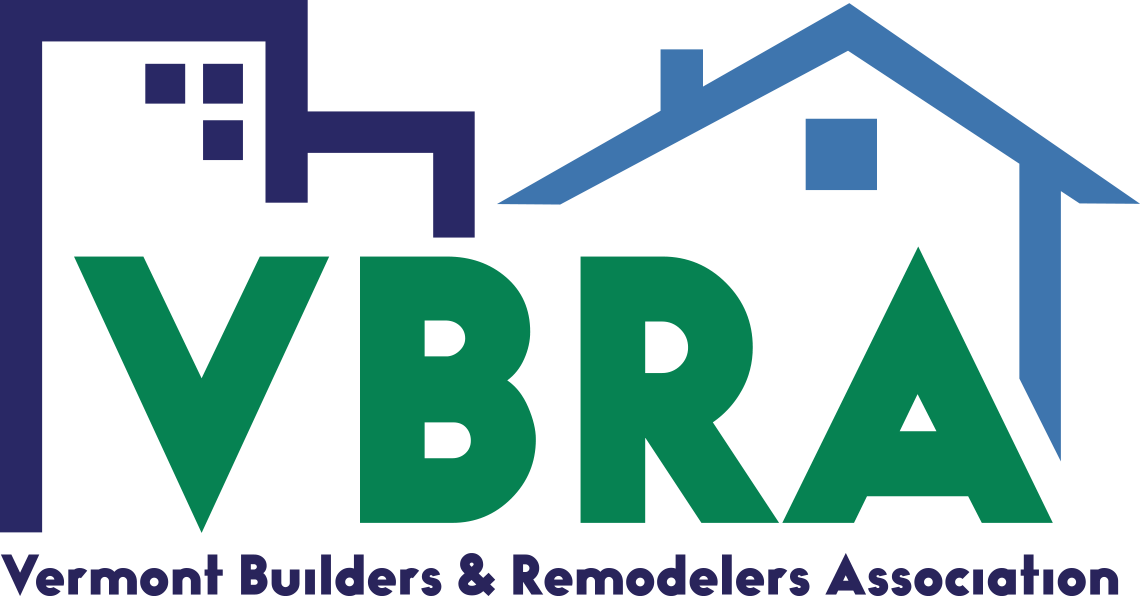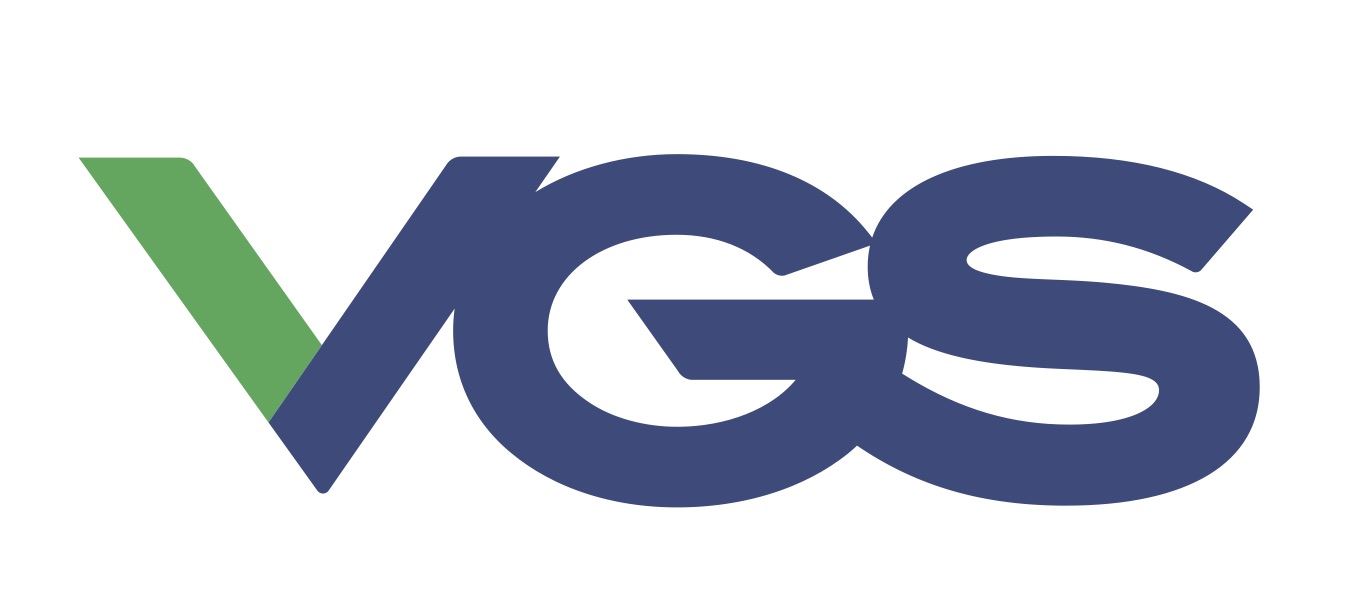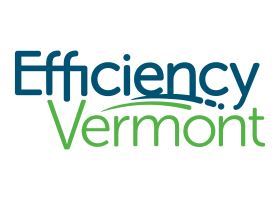Menu
Log in
- Home
- Committees
- Legislative Committee
- Legislative Committee Blog
- Vermont Legislative Update - Session Wrap-up 5-26-2021
BLOG POST
Please Support our Annual Association Sponsors! |
VBRA Annual Sponsors Silver Sponsors
Bronze Sponsors
Marketing Sponsor
|
Powered by Wild Apricot Membership Software










